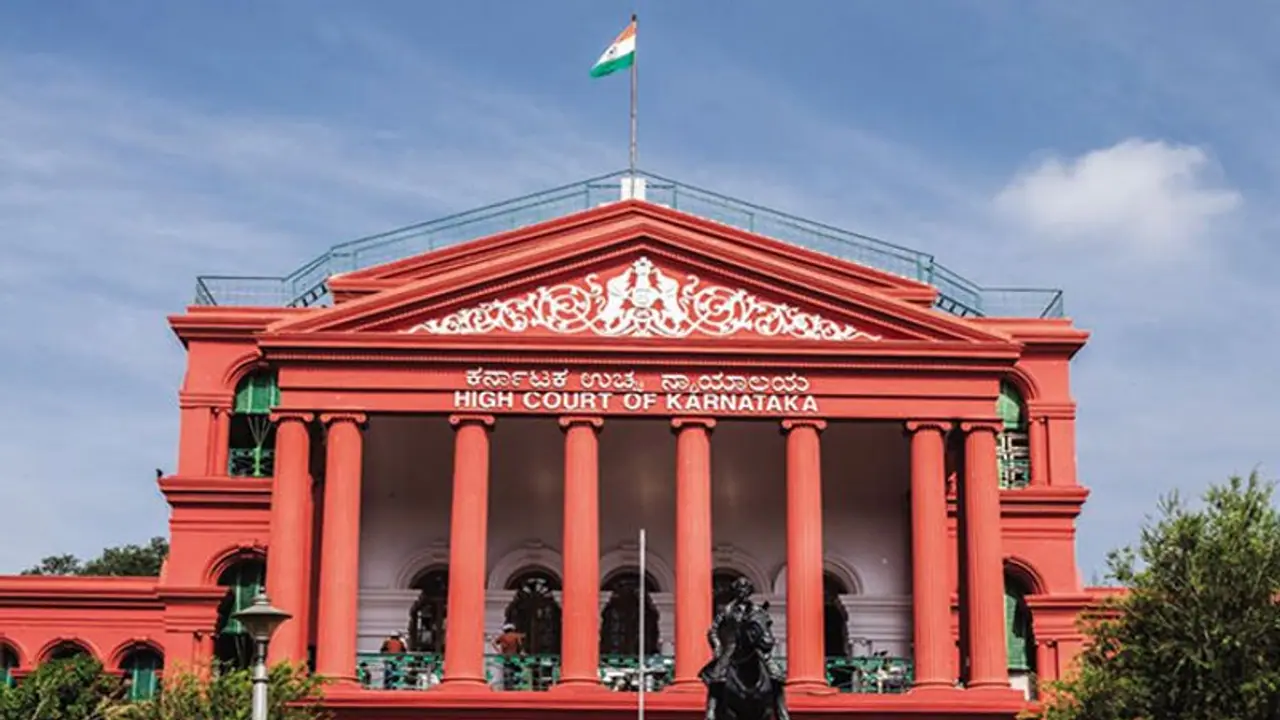Amidst argument and counterargument, the HC bench adjourned the hearing for Wednesday (February 9).
The Karnataka High Court has adjourned the hearing for Wednesday on the hijab row in the state even as a protest erupted between students wearing hijab and saffron scarves outside a college campus.

The petitioner was hoping for interim relief on Tuesday but after hearing the argument and counter argument, the court adjourned the hearing for Wednesday.
Earlier as the hearing began, the Court said, "Unfortunately, it has become an emotive issue. Let's go by the Constitution." It further said the Court would go by reason, by law, not by passion or emotions.
Meanwhile, Advocate General informed the Court that colleges have autonomy to decide uniforms, and added students who want relaxation shall approach the College Development Committee. However, Senior Advocate Devdutt Kamat, appearing for the petitioner, said wearing a headscarf is essential for Muslim culture.
Senior advocate Devdatt Kamath appearing on behalf of the petitioners in one of the petitions argued that the entire decision taken by state government through February 5,2022 notification, hinges on three decisions of three high courts which doesn't refer to Hijab issue.
According to him, the circular depicts non application of mind on the part of state government. He further claimed that wearing of Hijab is an essential religious practice as prescribed by holy Quran.
Advocate Kamat further argued that wearing hijab is a facet of right to privacy recognised as part of Article 21 by Puttaswamy judgment of Supreme Court.
The government order is outside the scope of Karnataka Education Rules and State has no jurisdiction to issue the same, he stated.
Reading out the Quranic verse, Kamat said Quranic verse 24.31 on dress code mandates that neckline should not be revealed to anyone other than husband. He read out from the judgment on the extent to which Constitutional protection is available to religious practices. Ultimately it boils down to this: whether the practice is essential to the religion or not. If a religious tenet does not allow woman to become a priest, then State cannot impose the same, Kamat read.
Amidst argument and counterargument, the HC bench took a lunch break and postponed the hearing to 3 pm.
